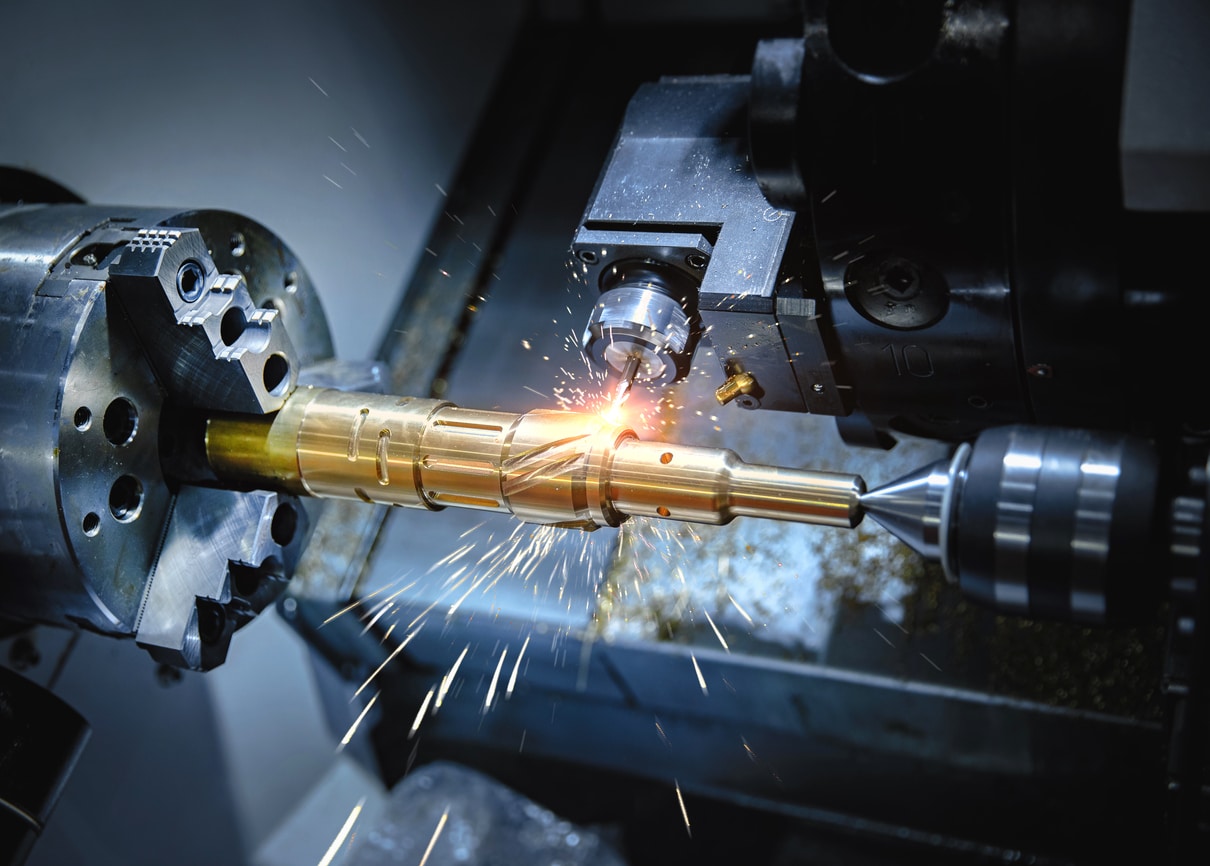As we approach the threshold of 2024, the manufacturing industry is standing on the brink of a transformative era. The impending years will not merely witness incremental improvements in existing processes; instead, they will usher in revolutionary changes in manufacturing methodologies. Amidst a whirlwind of constant disruptions, evolving workforce dynamics, and the rapid pace of digital transformation, manufacturers find themselves at an intriguing crossroads.
It’s time to fully embrace the digital age and propel the manufacturing sector forward. This article sheds light on the pivotal trends that will shape the manufacturing industry in 2024 and beyond, marking a departure from the norm and venturing into uncharted territories.
The Significance of Staying Ahead in Manufacturing Trends
Keeping abreast of the latest manufacturing trends is more than just staying informed; it’s about survival, growth, and preparing to meet the future head-on. Here are five compelling reasons why staying informed about industry trends is of paramount importance:
- Fostering Innovation: Continuous awareness of manufacturing trends empowers companies to fuel their innovation engines, consistently enhancing products, services, and processes to stay competitive in an ever-evolving marketplace.
- Enhancing Operational Efficiency: Trends often pinpoint areas for operational improvements. By adopting cutting-edge technologies and methodologies, manufacturers can streamline operations, minimize waste, and boost their bottom line.
- Adapting to Workforce Shifts: Workforce dynamics are subject to change, and staying informed about related trends helps manufacturers adapt their strategies, from recruitment to training, ensuring they attract and retain top talent.
- Navigating Regulatory Changes: As global regulations evolve, understanding the changes and their impacts becomes crucial. Staying up-to-date with trends enables manufacturers to anticipate regulatory shifts, mitigating risks and avoiding costly compliance issues.
- Anticipating and Meeting Customer Expectations: Beyond quality products, today’s customers demand superior service, customization, and ethical practices. Manufacturers attuned to industry trends can anticipate these expectations, enhancing customer satisfaction and loyalty.
Manufacturing Industry Trends in 2024 and Beyond: A Fresh Perspective
Let’s delve into the future with a new perspective. Here are ten manufacturing industry trends that will redefine the landscape in 2024 and beyond:
- Quantum Computing: Quantum computing is set to revolutionize manufacturing processes by solving complex problems at unprecedented speeds. Embrace the quantum era for enhanced computational capabilities.
- Circular Economy Practices: As sustainability gains prominence, manufacturers will adopt circular economy practices, emphasizing recycling, reducing waste, and extending the lifespan of products.
- Neuro-Inclusive Design: Manufacturing will focus on neuro-inclusive design, ensuring products are accessible to individuals with diverse cognitive abilities, fostering inclusivity and expanding market reach.
- Synthetic Biology Integration: The integration of synthetic biology into manufacturing processes will enable the production of bio-based materials, contributing to sustainable and eco-friendly practices.
- Human Augmentation Technologies: Human augmentation, including wearable technologies and implantables, will enhance worker productivity and safety, revolutionizing the manufacturing workforce.
- Decentralized Manufacturing Networks: The rise of decentralized manufacturing networks will empower localized production, reducing dependency on centralized factories and enhancing supply chain resilience.
- Resilient and Transparent Supply Chains: Manufacturers will prioritize resilient and transparent supply chains, leveraging technologies like blockchain to trace products from raw materials to finished goods, ensuring authenticity and minimizing risks.
- 3D Printing Evolution: The evolution of 3D printing technologies will enable mass customization without compromising efficiency, allowing manufacturers to meet individualized consumer demands.
- Biodegradable Materials Usage: In response to environmental concerns, manufacturers will increasingly incorporate biodegradable materials into their processes, contributing to a more sustainable and Earth-friendly approach.
- Augmented Intelligence Integration: Augmented intelligence, a harmonious blend of human and artificial intelligence, will become integral to decision-making processes, enhancing efficiency and accuracy across manufacturing operations.
Redefining Manufacturing Operations with Low-Code Platforms
In the realm of digital transformation, manufacturers often encounter significant barriers, with a lack of IT resources and skills being a common hurdle. However, the advent of low-code platforms presents a solution, enabling companies to digitize their operations without extensive coding knowledge or IT expertise.
A standout in this arena is DATAMYTE, a quality management platform with low-code capabilities. The DataMyte Digital Clipboard, a low-code workflow automation software, simplifies the creation of custom checklists, forms, and reports relevant to specific manufacturing processes without the need for extensive coding.
By harnessing DATAMYTE’s low-code capabilities, manufacturers can conduct layered process audits (LPA), identifying and correcting defects before they escalate into major quality issues. The platform offers a comprehensive solution for creating and implementing low-code solutions tailored to the evolving needs of the manufacturing industry.
Conclusion: Navigating the Future with Confidence
The manufacturing landscape of 2024 promises an exhilarating convergence of technologies, driving efficiencies, and fostering innovation. Anchored in adaptability and resilience, the industry is poised to harness the power of transformative trends that will shape its future.
Embracing these trends is not a daunting task, especially with the advent of user-friendly low-code platforms like DATAMYTE. Unleashing the power of digital transformation is within reach—one checklist, audit, and streamlined process at a time. The future of manufacturing is not merely about surviving disruptions but thriving amidst them. Let’s gear up to seize the opportunities that this exciting future has in store!

